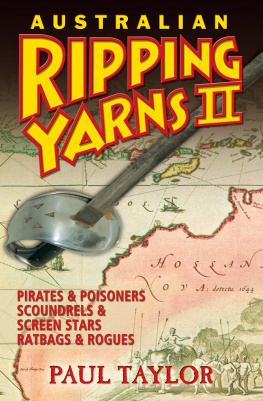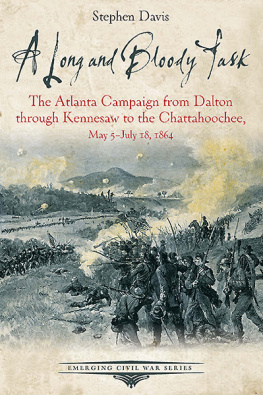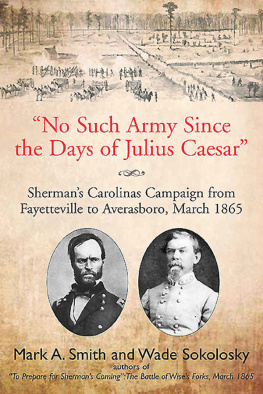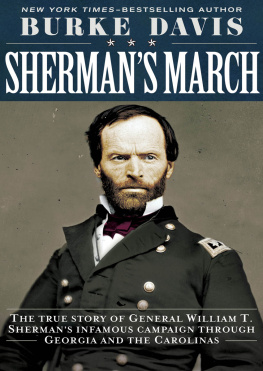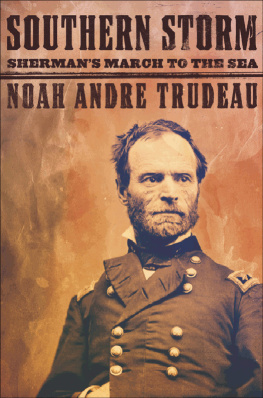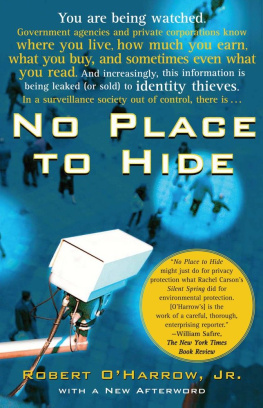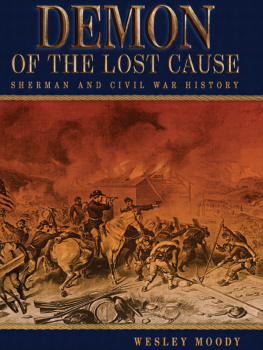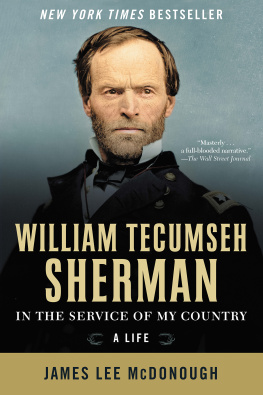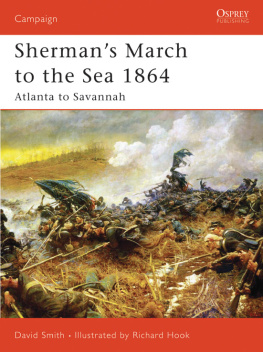Orlando M. Poe
CIVIL WAR IN THE NORTH
Series Editor, Lesley J. Gordon, University of Akron
ADVISORY BOARD
William Blair, Pennsylvania State University
Peter S. Carmichael, West Virginia University
Stephen D. Engle, Florida Atlantic University
J. Matthew Gallman, University of Florida
Elizabeth Leonard, Colby College
Elizabeth Varon, Temple University
Joan Waugh, University of California Los Angeles
2009 by The Kent State University Press, Kent, Ohio 44242
ALL RIGHTS RESERVED
Library of Congress Catalog Card Number 2009021367
ISBN 978-1-60635-040-9
Manufactured in the United States of America
LIBRARY OF CONGRESS CATALOGING-IN-PUBLICATION DATA
Taylor, Paul, 1959
Orlando M. Poe : Civil War general and Great Lakes engineer / Paul Taylor.
p. cm. (Civil War in the North)
Includes bibliographical references and index.
ISBN 978-1-60635-040-9 (hardcover : alk. paper)
1. Poe, O. M. (Orlando Metcalfe), 18321895.
2. United States. ArmyOfficersBiography.
3. United StatesHistoryCivil War, 18611865Biography.
4. EngineersUnited StatesBiography.
I. Title.
E467.1.P65T39 2009
973.7092dc22
[B]
2009021367
British Library Cataloging-in-Publication data are available.
13 12 11 10 09 5 4 3 2 1
M ark the perfect man,
and behold the upright:
for the end of that man is peace
Psalm 37:37
Inscription upon O. M. Poes grave marker
at Arlington National Cemetery
N ot for selfish gain or applause
but for honor and the glory of the cause,
they did that which will never be forgotten
Inscription upon the bronze plaque
affixed to the O. M. Poe Post Memorial
at Belle Isle Park, Detroit, Michigan
Foreword
Phil Shiman, Springfield, Virginia
O NCE IN A WHILE , a new book comes along that is both original and a real contribution to our understanding of the Civil War. Paul Taylors biography of Orlando Poe is such a book. A West Point graduate, Poe had a long and varied career as a topographical engineer before the war, a staff engineer and a combat commander during the conflict, and, later, an officer of the Corps of Engineers and aide-de-camp to William T. Sherman in the West. Refreshingly, Taylor does not focus unduly on Poes war service to the exclusion of his antebellum and postwar activities, but provides an unusually balanced view of his entire career. We are also treated to an uncommonly intimate look behind the public mask that Poe carefully maintained, thanks to the large collection of extant personal letters. (We can be forever grateful that his wife, Eleanor, ignored his instructions to burn his letters to her as he had burned her letters to him.) While outwardly reserved, serious, modest, and thoroughly professional in his demeanor, in private he was playful, sentimental, judgmental, proud, and very ambitious. His drawn-out quest for a generals stara running theme in his wartime careeris almost painful to follow. In short, he is depicted as a living, thinking, feeling person, and not as a shadowy or two-dimensional cardboard character so common in descriptions of staff officers.
This study is useful in several ways. It provides an interesting portrait of Gen. George B. McClellan in the early months of the war and a good view of the war in the eastern theater in 1861 and 1862. As a brigade commander, Poe took part in the battles of Second Bull Run and Fredericksburg. More significant is the view this biography gives of the western campaigns of 186365, especially Shermans campaigns in Georgia and the Carolinas. For many years, those campaigns were all but ignored by both historians and the reading public. Beginning during the war itself and continuing long after, most attention has centered on the struggle of the Army of the Potomac against Robert E. Lees Army of Northern Virginia. However, historians have increasingly become aware of the strategic importance of the other theaters of the war. The Western campaigns of 186465 have been the subject of a considerable number of scholarly and popular works over the past twenty years. Albert Castel provided comprehensive treatment of the Atlanta campaign, while more recently Richard M. McMurry and Philip L. Secrist have offered overviews of that struggle. Interest in the Savannah and Carolinas campaigns began in the mid-1980s with Joseph Glatthaars The March to the Sea and Beyond and James Reston Jr.s quirky Shermans March and Vietnam, and it has continued with scholarly studies by Charles Royster, Lee Kennett, and Anne J. Bailey, and popular accounts by Richard Wheeler and Noah Andre Trudeau. Sherman himself has also received considerable attention of late. Long an enigma to historians, the general has been revealed to be a fascinatingly complex character with an equally fascinating approach to war. Indeed, Sherman may have more to say to modern generations than Lee, McClellan, and others of his contemporaries, given the rise of destructive total war and the blurring of the lines between soldiers and civilians that began in the mid-twentieth century. Seeking to understand the man and his legacy, historians such as John Marszalek, Michael P. Feldman, and Stanley B. Hirshon have published outstanding biographies of Sherman. Shermans memoirs have been reissued in several editions, and Brooks D. Simpson and Jean V. Berlin produced an excellent, long-overdue collection of Shermans wartime correspondence.
Poe played a key but little-seen part in these final campaigns. He was a trusted member of Shermans staff and inner circle and, by the end of the war, the generals friend, as demonstrated by the fact that their professional association continued long after the war. His superiors and colleagues alike recognized him as a steady and talented officer, and Sherman came to rely on him heavily. Poe performed valuable services both before and during the campaigns, planning fortifications (such as those that saved Allatoona Pass), overseeing the preparation of maps and pontoon bridges, advising Sherman and acting as his commanders eyes, ears, and voice. During the final campaigns to the sea and through the Carolinas, Poe was responsible for what might be called Shermans official demolitions, the destruction of railroads and military facilities in Atlanta; Columbia, South Carolina; and through the line of march. These activities were central to Shermans approach to ending the war, even more so than the destruction of the remnants of the Confederate army facing him.
This book is useful to historians in another way: For most of his wartime careerand all of his pre- and postwar careerPoe was an engineer officer. Engineers played a critical if unheralded role on both sides of the war, both through their work in construction and demolition and through the advice they gave to their commanders. Their technical expertise, experience, and practical skills could turn the course of a campaignPoes fortifications that saved Knoxville in 1863 come to mind. There were relatively few engineers: on the Union side, the understrength Corps of Engineers by the end of the war numbered only 85 officers and about 300 enlisted men, supplemented at various times by a few thousand volunteers serving as engineers and pioneers. This was a tiny proportion of the fighting forces, yet their impact went far beyond their numbers. It is not too much to say that, without engineers, the Union armies would not have gone very far or lasted very long in the conflict.



